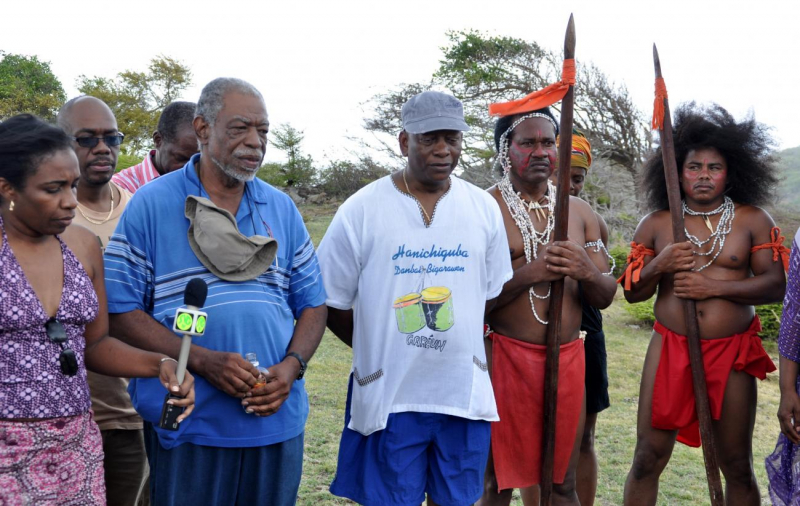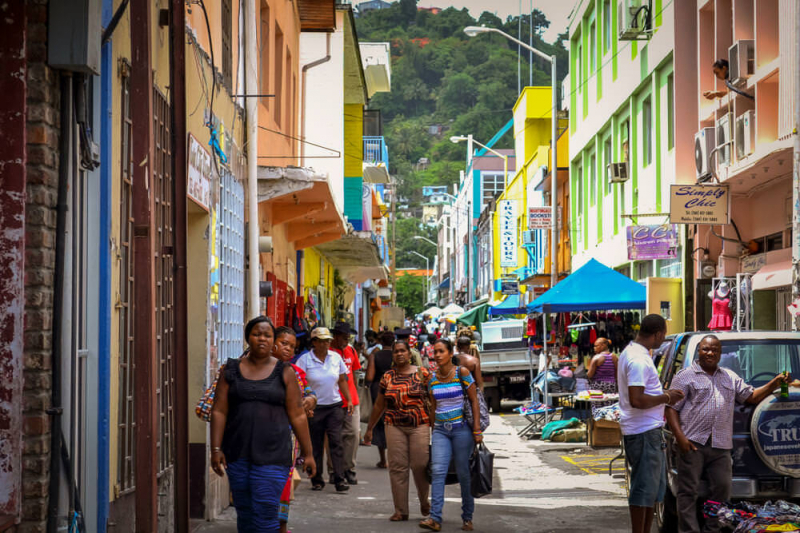Saint Vincent and the Grenadines language and culture
The culture of Vincy does not conform to Caribbean preconceptions. Though Vincentians are known for their easygoing temperament and generosity to visitors, don't expect to find them lying on the beach with tourists. They're more likely to be seen arguing about politics or promoting tourism through agriculture and fishing. Many Vincentians attend church on Sundays, and businesses and restaurants are only open for a few hours. Wearing casual, light attire can help you blend in when it comes time to use your credit card on shopping streets. However, certain restaurants and venues need semi-formal clothes, so check ahead of time to avoid seeming underdressed.
English is the official language of Saint Vincent and the Grenadines. It is owing to the island's lengthy English occupancy, but there is also a Creole language that evolved from French, Creole English, and Hindi. The Vincentian Creole language is an informal Saint Vincent and the Grenadines language that is used in everyday contexts by the natives. The country also has a rich cultural and historical past, as seen by the Layou Petroglyphs, a type of totem etched in stone, as well as Fort Charlotte and other old structures that symbolize the origins of Kingstown, Saint Vincent, and the Grenadines.
You'll feel comfortable when touring St. Vincent & The Grenadines, but be cautious while engaging with local sellers (who have been known to scam unsuspecting tourists). Manchineel trees should also be avoided: These seemingly harmless trees secrete deadly sap that, if handled, can cause excruciating blisters. Some Manchineel has caution notices on them. Language and culture are one of the things about St. Vincent & Grenadines you should know before traveling.











